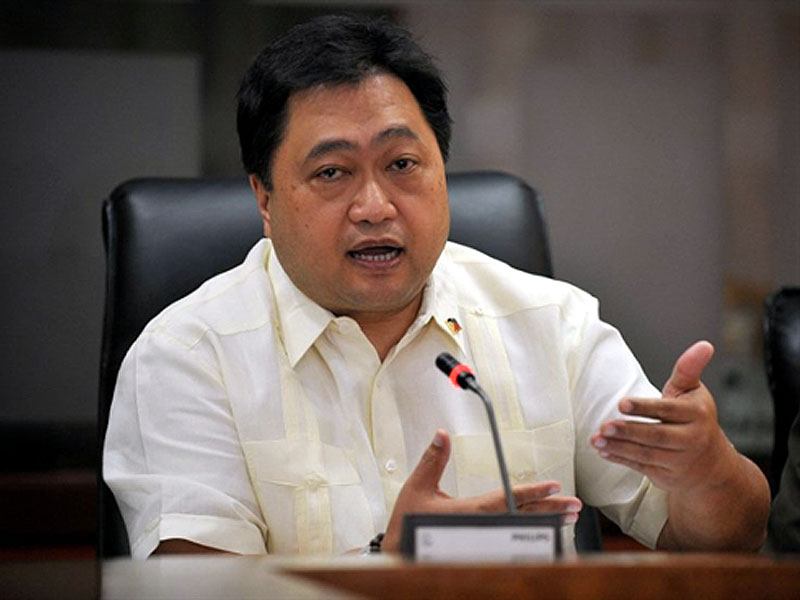Gov’t to use taxpayers’ lists to catch evaders
The Aquino administration will use the Bureau of Internal Revenue’s yearly lists of top taxpayers to sniff out tax cheats and as basis for the audit of suspected tax cheats.
Finance Secretary Cesar V. Purisima said Tuesday that the move was part of the BIR and Department of Finance’s “data-driven” campaign to fight tax evasion.
The BIR recently came out with separate lists of the top 500 taxpaying individuals and organizations as well as similar lists for every revenue district.
The finance chief said significant changes in such lists—such as taxpayers with large differences in payments from one year to the next—might be flagged and prompt an audit.
Taxpayers who belonged to highly profitable industries but were not in the lists could be flagged as well, he said.
“These lists serve as another way to double- and triple-check income tax payments in populations that are historically difficult to track, such as the self-employed, businesses and professionals,” Purisima said.
Last month, Purisima and Internal Revenue Commissioner Kim Henares announced a campaign against high-income individuals who pay very small amounts in taxes.
Also in March, the BIR filed at the Department of Justice tax evasion complaints against two players of the Philippine Basketball Association. The twin filings prompted the PBA— whose Commissioner Chito Salud noted that the players were prone to mistakes because they did not know enough about tax matters—to arrange with the BIR a tax education forum that was attended by 145 league cagers last week.
“Our most successful business personalities and corporate citizens should also be top taxpayers—and if that is not the case, we need to find out why,” Purisima said.
He noted that the BIR, which is under the supervision of the DOF, checked the top taxpayers lists against lists of top importers, top businesses by market share and other metrics in order to locate inconsistencies in data.
“We closely review the top taxpayers’ lists when we analyze our tax-collection data,” Purisima said. “Based on our research and benchmarks, we have expectations for the profile of taxpayers that appear in these lists and we investigate findings that diverge from our conclusions.”
Earlier this month, Purisima said the government was turning to data-crunching to fight oil smuggling, a priority of both the BIR and the Bureau of Customs.
On Monday, Purisima said he has ordered the BOC to start developing and implementing new measures to fight smuggling, particularly of petroleum products. These would include the accreditation starting in May of ports that would be allowed to accommodate products that were frequently smuggled.

